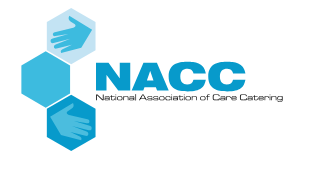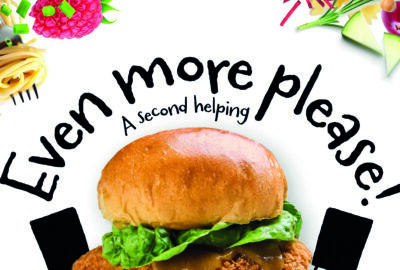With the staffing crisis peaking in the hospitality sector, an increasing number of businesses are turning to automated online booking systems. Online booking software delivers 24/7 customer service, ensuring each site maximises their sales opportunities every day, covering when staff are too busy to answer the phones or out of hours calls. The benefits however go beyond an ‘always on’ service, they avoid human error such as taking a booking but forgetting to put it in “the book”, mis-hearing a guest’s name, how many they are booking for or the date of their visit.
Scott Muncaster, Founder of Adactus, has advised and developed automated online table booking systems for some of the biggest restaurant chains and names in catering including Pizza Hut, TGI Fridays, Café Rouge, Byron and Pub in the Park.
However, the biggest reason for using an online booking system is customer preference and convenience. More and more, customers want to be able to quickly and easily make a booking via their phone or device without the time and hassle of having to find the venue’s number and call them up. Having a booking system can make all the difference between a customer eating at your venue versus your competitors – it’s the equivalent of not being in Yellow Pages in the ‘90s.
Businesses guard their stats pretty closely, but it’s clear that many venues previously operating a turn-up-and-wait system are now offering online bookings, while others that allocated a proportion of their tables for online booking have moved to automating 100% of their reservations. It makes sense to remove the uncertainty and likelihood of having to hang around for a table – that used to be a chance for a drink stood at the bar, but current COVID rules and preferences mean that’s less of an option nowadays.
The advantages of online table booking
Besides the obvious operational benefits of online bookings (reducing employee error, the ability to send digital reminders, Terms and Conditions clearly communicated) there are two less obvious advantages. First is the chance to reduce no-shows by taking a card swipe or deposit. Secondly, it starts a conversation with the guest that can commence before they visit and continue long after they’ve paid and gone. With permission, brands can share information about menus, deals, special events – maybe even invite guests to a loyalty scheme – who doesn’t want to hear about a deal before they spend their money?
Online table booking systems can also provide management reports that share valuable customer analysis and performance data such as percentage of table covers booked per shift, number of booking attempts made when there is no availability, percentage of no-show bookings and booking lead times (how many customers book more than a week ahead).
How it works
To make an online table booking system work, operators need to determine how many tables to make available for booking – entering those details into the system; things like, how many tables for 2, 4, 6 people and how long they are reserved for. A good tip is to allocate approximately one hour per table for lunch but a longer period of time for dinner. You also need to think about whether you want customers to pay a deposit and any cut-off time for bookings.
Once this is published, the system is set live on the venue’s website. Parameters can be changed as needed to take into account special events such as Christmas trading. Once live, the front-of house team can also access the system to check on bookings and plan service, confirming when guests have arrived.
What should operators look for?
Firstly, an online table booking system has to work for the guest and the in-restaurant team, featuring simple screens and easy to follow instructions. It also has to represent your brand – your imagery and your tone of voice. From a cost perspective, many solutions operate with a per-booking fee on top of the initial set-up costs. These can add up and require careful management, for example, if a guest doesn’t show up, you don’t want to be paying the fee. At Adactus, we prefer a simple cost-per-month charge once the initial set-up is done – then you know where you stand every month.
Web developers vs 3rd party apps
Assessing both options is like apples and oranges – they do different things. A system created by a web developer is configured for your business and manages only your bookings, a third party application such as Opentable places you in listings (alongside lots of other restaurants) when people search for what’s available in your area. Each works to a different cost model and lots of brands use more than one solution. My advice would be to talk to a few providers and really work out what your priorities are before you settle on any one direction.


